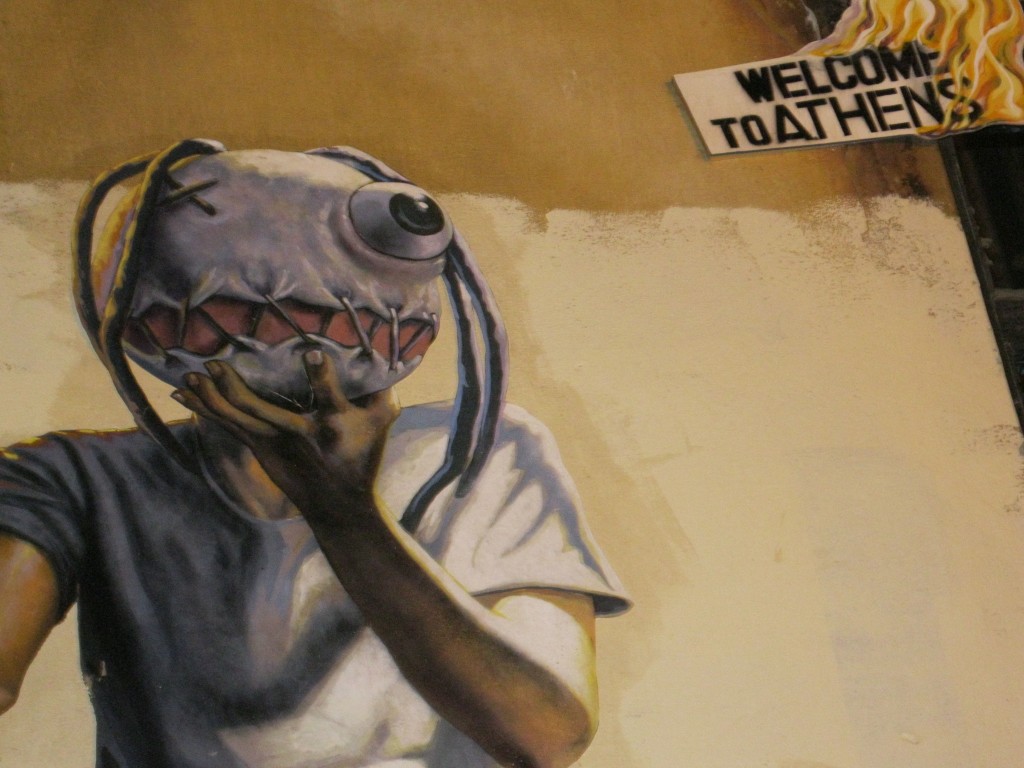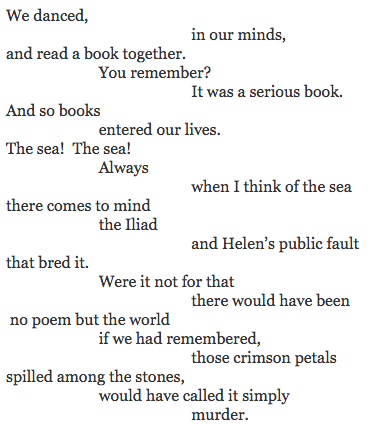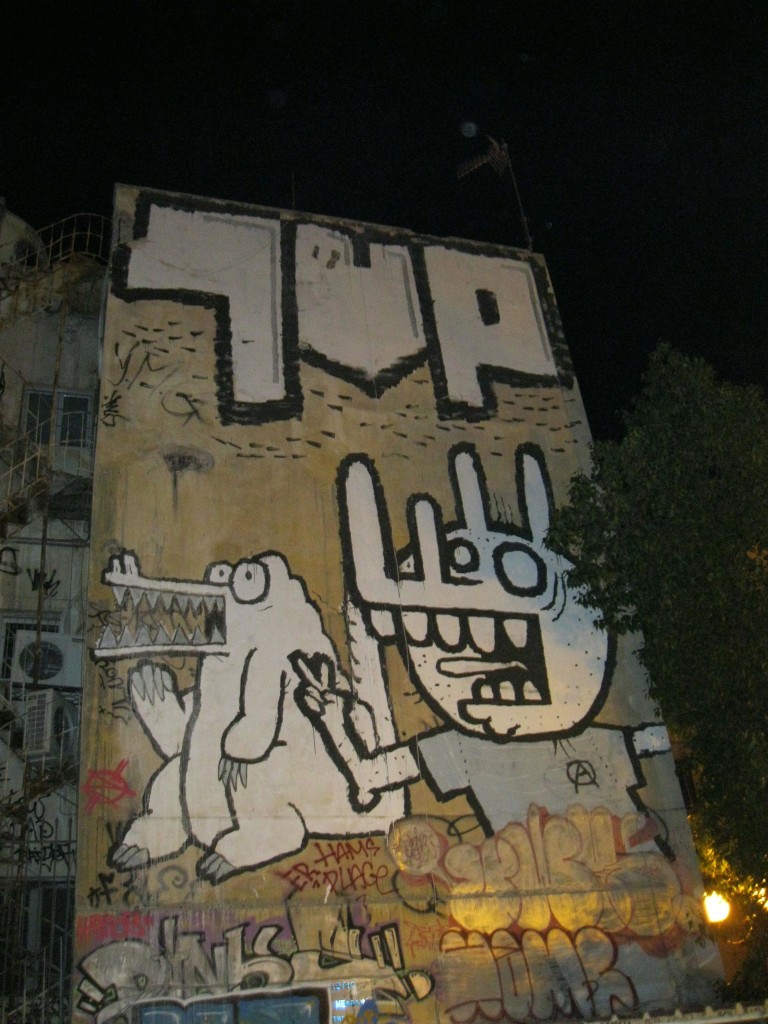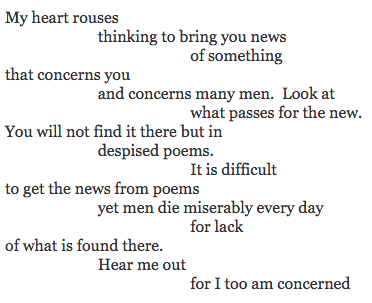In a stupor of grief and dread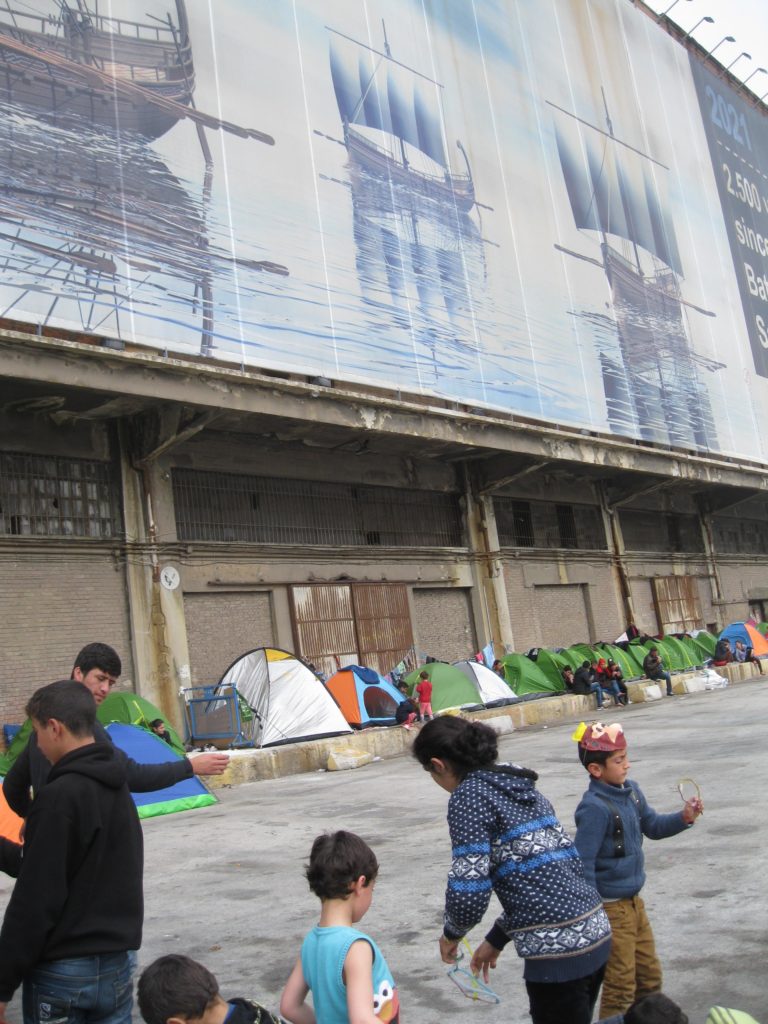
Have we not fingered the foulest wounds
And let them unhealed by our hands?
“Why Is This Age Worse…?”
–1919 Anna Akhmatova (trans. Stanley Kunitz)
It seems a long time since the picture of a drowned 3-year old Aylan went viral in September 2015. Much was made of the dangling “Velcro straps on his sneakers”, that Aylan was dressed like any child going to a playground in a red T-shirt and blue knee-length shorts – the Turkish guard who picked up the tiny body looked away as he carried the child. How hard it would be to look. And he must have looked when he first picked up the drowned boy. It seems a long time because there have been so many bodies since, and so many of them children. There have been meetings and discussions in various parliaments in Austria, Denmark, Hungary, Germany, and of course Brussels, and some horrid policies have passed through them like Denmark’s law (passed in January) in which the government is now allowed to seize assets of “asylum seekers on arrival in the country and confiscate any non-essential items worth more than 10,000 kroner (£1,000) that have no sentimental value to their owner.” One wonders who decides on what is or isn’t “non-essential” or of “sentimental value”. Similar laws are now in place in Switzerland and southern Germany.
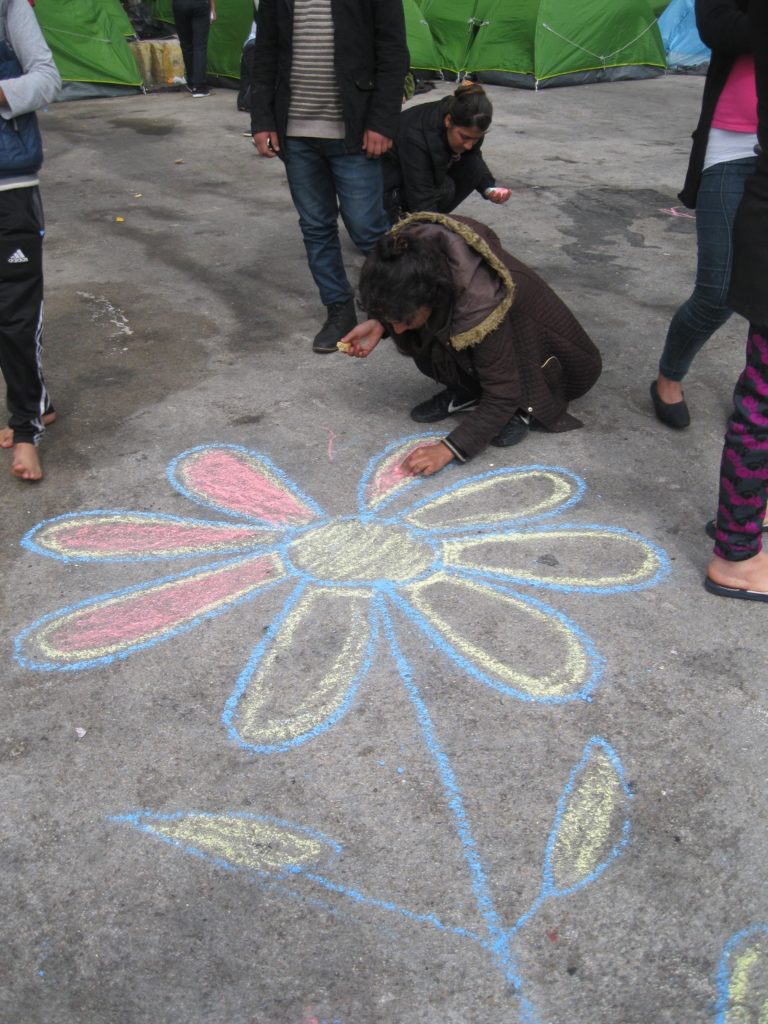 To be a refugee means the refuge of what once provided the rituals of stability, like home and shelter, no longer exist, that larger threats than those of the risks of being a refugee are being fled. “I don’t want to touch that one” says a friend, “too heavy”, “too complicated” – what will happen if we let ourselves touch the bodies being washed up like the Turkish guard who lifted the dead Aylan from the sand, if we help the luckier to dry land? They will touch us too, the pain and mess of these displaced lives will be real and, especially, there will be names and faces connected to their tragedies. I am about to say something to a friend and warn her that it is unpleasant, and she says, “are you sure you want to tell me” and really means “I’m not sure I want to know” because once told, she cannot, as she tells me “unknow it”; phrases like “the immigrant crisis”, “the Greek debt crisis” desensitize, the particulars are conflated, the faces and names lost. It is more efficient that way, apparently, when dealing with numbers (think of pyramid schemes of debt, think how all the added 0s of the billions lent, and the billions now owed in the Greek financial crisis that are not being addressed in “real terms”; i.e. the IMF – imagine even the IMF – is calling it unsustainable, that the debt cannot be paid back when the economy itself is being cannibalized though there are very real people starving on the streets and homeless as a result); so the question is what are we, or what is “Europe” trying to be efficient about. History has given us some very dark examples of the efficiencies of regimes wishing to keep themselves untouched by groups considered threats to an idea of citizenry and/or belonging. Giorgio Agamben in Homo Sacer, Sovereign Power and Bare Life theorizes the biopolitics of “The Camp as Paradigm” in a chapter that addresses the separation between “humanitarianism and politics” as “the extreme phrase of the separation of the rights of man and the rights of the citizen.” I want to say what Clarice Lispector says in The Passion According to G.H. that “till yesterday” there was a way of “fitting into a system.” That now that system is broken and the privileged do not want to “use an unprotected heart.” Perhaps Europe has lost its heart.
To be a refugee means the refuge of what once provided the rituals of stability, like home and shelter, no longer exist, that larger threats than those of the risks of being a refugee are being fled. “I don’t want to touch that one” says a friend, “too heavy”, “too complicated” – what will happen if we let ourselves touch the bodies being washed up like the Turkish guard who lifted the dead Aylan from the sand, if we help the luckier to dry land? They will touch us too, the pain and mess of these displaced lives will be real and, especially, there will be names and faces connected to their tragedies. I am about to say something to a friend and warn her that it is unpleasant, and she says, “are you sure you want to tell me” and really means “I’m not sure I want to know” because once told, she cannot, as she tells me “unknow it”; phrases like “the immigrant crisis”, “the Greek debt crisis” desensitize, the particulars are conflated, the faces and names lost. It is more efficient that way, apparently, when dealing with numbers (think of pyramid schemes of debt, think how all the added 0s of the billions lent, and the billions now owed in the Greek financial crisis that are not being addressed in “real terms”; i.e. the IMF – imagine even the IMF – is calling it unsustainable, that the debt cannot be paid back when the economy itself is being cannibalized though there are very real people starving on the streets and homeless as a result); so the question is what are we, or what is “Europe” trying to be efficient about. History has given us some very dark examples of the efficiencies of regimes wishing to keep themselves untouched by groups considered threats to an idea of citizenry and/or belonging. Giorgio Agamben in Homo Sacer, Sovereign Power and Bare Life theorizes the biopolitics of “The Camp as Paradigm” in a chapter that addresses the separation between “humanitarianism and politics” as “the extreme phrase of the separation of the rights of man and the rights of the citizen.” I want to say what Clarice Lispector says in The Passion According to G.H. that “till yesterday” there was a way of “fitting into a system.” That now that system is broken and the privileged do not want to “use an unprotected heart.” Perhaps Europe has lost its heart.
Sebastian Kurz, Austria’s foreign minister, says “the distinction between protection and the right to a better life has got blurred” having been part of a renegade contingency of Central European and West Balkan countries, including Hungary, to react to the immigrant crisis by being among the first countries to close its borders to refugees (and so removing themselves from the Schengen agreement of an open border system – that founding European Union dream that promised the free flow of populations). To Angela Merkel’s credit who, initially anyway, sought a joint EU solution for the crisis, responded that “When someone starts to define limitations [to immigration], others have to suffer. That is not my Europe.”
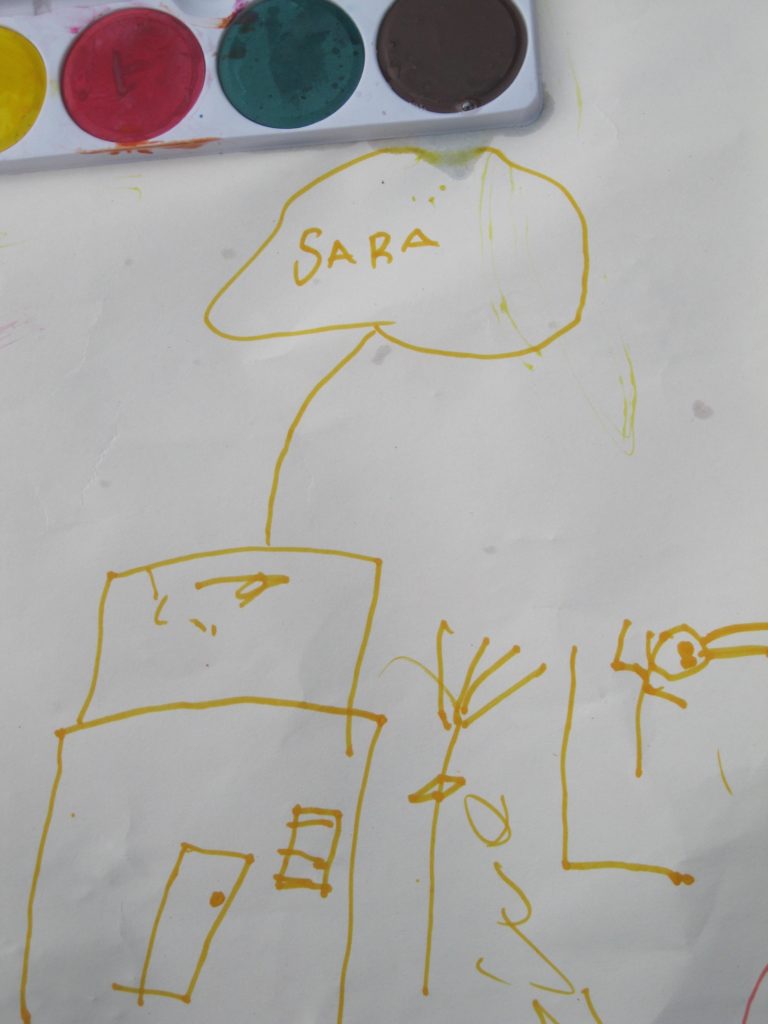 As we entered the port for an activity session with some of the refugee children, we all noticed that there were twice as many tents as there had had a week ago; before the borders closed a lot of the volunteer work involved giving activity kits and baby carriers to mothers on their way north. Once they closed hundreds, and in the case of Idomeni, thousands were now stuck (read Phoebe Ramsay’s updates “On the Ground” on her Facebook page). Tents were everywhere, on any open space of pavement or grass, “Welcome to Europe” Alicia said. “Look at this….” Yes, look at this. Look at the woman using cardboard to sweep away the banana peel, cigarette stubs, and used tea bags from the space around her tent. Look at the children quietly returning crayons after doing their drawings, giving their drawings of houses and homes to those of us who sat with them, look at the boy who shows me there’s a hole in one of the sheets at the shelter and would like to know if there are any sheets not torn that he could have. Listen to the teacher from Aleppo who asks if we could bring some white board markers for the lessons she’s giving in the shelter, look at the fact that the toilets are overrun, that someone has thrown out a doll that looks perfectly fine, look at the boy who is downloading music on his phone, tell me where the border might be between them and us, or you and I?
As we entered the port for an activity session with some of the refugee children, we all noticed that there were twice as many tents as there had had a week ago; before the borders closed a lot of the volunteer work involved giving activity kits and baby carriers to mothers on their way north. Once they closed hundreds, and in the case of Idomeni, thousands were now stuck (read Phoebe Ramsay’s updates “On the Ground” on her Facebook page). Tents were everywhere, on any open space of pavement or grass, “Welcome to Europe” Alicia said. “Look at this….” Yes, look at this. Look at the woman using cardboard to sweep away the banana peel, cigarette stubs, and used tea bags from the space around her tent. Look at the children quietly returning crayons after doing their drawings, giving their drawings of houses and homes to those of us who sat with them, look at the boy who shows me there’s a hole in one of the sheets at the shelter and would like to know if there are any sheets not torn that he could have. Listen to the teacher from Aleppo who asks if we could bring some white board markers for the lessons she’s giving in the shelter, look at the fact that the toilets are overrun, that someone has thrown out a doll that looks perfectly fine, look at the boy who is downloading music on his phone, tell me where the border might be between them and us, or you and I?
